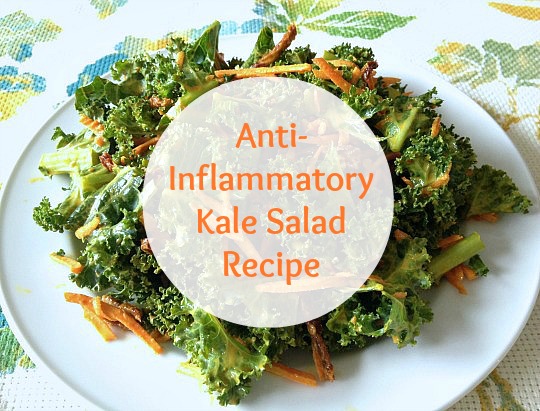Natural anti-inflammatories have become an increasingly popular alternative to traditional medicine. Curcuming and ginger, in particular, have been touted for their anti-inflammatory properties, with studies showing their effectiveness in reducing inflammation in the body. However, there have been concerns raised over whether these natural remedies could potentially inhibit or slow down the healthy beginning inflammatory growth signal recruiting phase of wound healing recovery.

To understand this issue better, we need to first understand the complexities of the wound healing process. Injury and inflammation trigger a complex series of events that lead to tissue repair and regeneration. The first phase of this process is known as the inflammatory response, which is characterized by the recruitment of immune cells to the site of injury. These immune cells, including white blood cells, macrophages, and neutrophils, release various cytokines, growth factors, and other signaling molecules that help to remove damaged tissue and prepare the wound for healing.
Research has shown that natural anti-inflammatories like curcuming and ginger can help to reduce the inflammatory response by blocking specific signaling pathways. For example, curcumin has been shown to inhibit the production of inflammatory cytokines, while gingerols found in ginger have been shown to target specific enzymes involved in the inflammatory response. While these anti-inflammatory effects may seem like a good thing, there is concern that they could potentially interfere with the recruitment of immune cells to the wound site, which is a critical part of the wound healing process.
Studies investigating the effects of natural anti-inflammatories on wound healing have yielded mixed results. While some studies have shown that curcumin and ginger can reduce inflammation and improve wound healing in animal models, other studies have found no significant effect or even detrimental effects. One study found that curcumin supplementation actually delayed wound closure in diabetic rats, possibly by interfering with the recruitment of immune cells to the wound site.
Overall, it seems that the effects of natural anti-inflammatories on wound healing are complex and depend on various factors, including the type of injury, the animal model used, and the dosage and duration of treatment. More research is needed to fully understand the potential benefits and risks of using these natural remedies for wound healing.
In the meantime, it's important to remember that wound healing is a complex process that requires a balance of various factors, including inflammation, immune cell recruitment, and tissue repair. While natural anti-inflammatories like curcumin and ginger may have their place in promoting overall health and reducing inflammation, they should be used with caution when it comes to wound healing. If you have a wound that isn't healing properly or have concerns about using natural remedies, it's always best to consult with a healthcare professional.
In conclusion, while natural anti-inflammatories like curcumin and ginger have been shown to have anti-inflammatory properties that can reduce inflammation in the body, their effects on wound healing are complex and depend on various factors. There is concern that these natural remedies could potentially interfere with the recruitment of immune cells to the wound site, which is a critical part of the wound healing process. While more research is needed to fully understand the potential benefits and risks of using these natural remedies for wound healing, it's always best to consult with a healthcare professional.